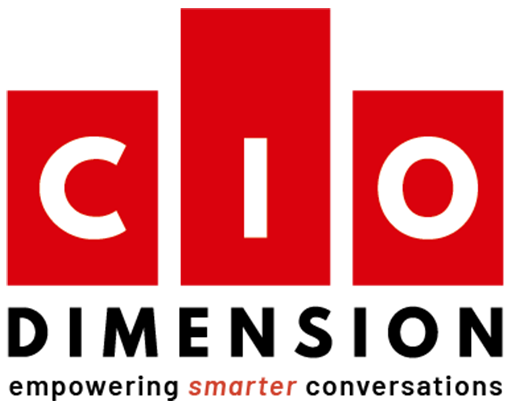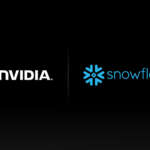Databricks, the Data and AI company, announced it has entered into a definitive agreement to acquire MosaicML, a generative AI company co-founded by Naveen Rao.
The transaction is valued at approximately $1.3 billion, inclusive of retention packages.
MosaicML is known for its open-source and commercially usable MPT large language models (LLMs). With over 3.3 million downloads of MPT-7B (since its release in May 2023) and the recent release of MPT-30B, MosaicML has helped organizations to quickly build and train their own AI models using their data in a cost-effective way. Customers such as AI2 (Allen Institute for AI), Generally Intelligent, Hippocratic AI, Replit and Scatter Labs leverage MosaicML for a wide variety of generative AI use cases.
Naveen co-founded MosaicML in 2021 after he quit Intel. He previously led Nervana Systems which was acquired by Intel way back in 2016 for $350 million. Intel subsequently announced in 2020 that it had decided to end development work on the Nervana neural network processors (NNP).
“We started MosaicML to solve the hard engineering and research problems necessary to make large scale neural network training and inference more accessible to everyone. With the recent generative AI wave, this mission has taken center stage. We fundamentally believe in a better world where everyone is empowered to train their own models, imbued with their own data, wisdom, and creativity, rather than have this capability centralized in a few generic models,” wrote Naveen and Hanlin Tang, Co-founder & CTO, in a blog post.
“…. Together with Databricks, we will tip the scales in the favor of many — and we’ll do it as kindred spirits: researchers turned entrepreneurs sharing a similar mission. We look forward to continuing this journey together with the AI community,” said Naveen.
The entire MosaicML team is expected to join Databricks after the transaction closes. The Databricks Lakehouse Platform, combined with MosaicML’s technology, promises “2x-7x faster training compared to standard approaches” and bring down the cost of training and using LLMs from millions to just a few thousands of dollars.













